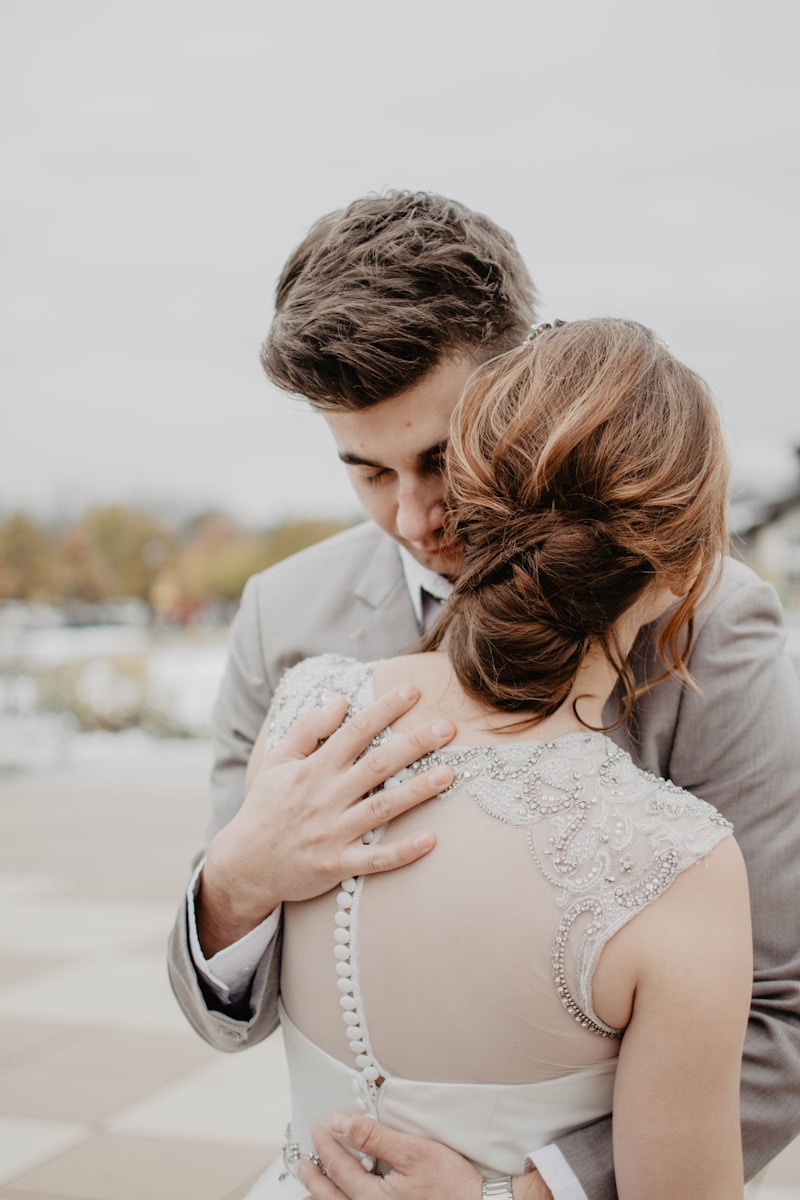Cultural Wedding Traditions: A Celebration of Love Across the Globe
Wedding traditions vary significantly across cultures, reflecting the rich tapestry of human history and beliefs. From elaborate ceremonies steeped in ritual to intimate gatherings filled with personal significance, cultural wedding traditions hold a special place in the hearts of couples and their families. This article explores various cultural wedding traditions around the world, examining their meanings, practices, and the values they embody.
Understanding Cultural Wedding Traditions
Cultural wedding traditions are not merely customs; they are vital expressions of identity, community values, and shared beliefs. These traditions contribute to the significance of marriage in various societies, which is traditionally seen as a union that unites families, communities, and, in many cases, entire nations.
The Importance of Traditions
Many couples choose to incorporate cultural wedding traditions into their ceremonies to honor their heritage or to signify respect for their families. Each tradition tells a story and reflects its roots in history, religion, and social norms. Understanding these practices can enrich the wedding experience, making it more meaningful for the couple and their guests.
| Culture | Tradition | Significance |
| Indian | Mehndi Ceremony | The bride adorns her hands and feet with intricate henna designs, symbolizing beauty and joy. |
| Japanese | Shinto Wedding | A traditional ceremony performed at a shrine, emphasizing purity and sincerity in the union. |
| Mexican | Las Arras | Exchanging coins as a symbol of prosperity and the couple's commitment to support each other. |
| Jewish | Breaking the Glass | A glass is shattered to symbolize the fragility of relationships and the joy and sadness intertwined in life. |
Exploring Cultural Wedding Traditions
Now let's delve deeper into some fascinating cultural wedding traditions from around the globe.
1. Indian Weddings
Indian weddings are celebrated with vibrant colors, elaborate rituals, and a plethora of customs. The typical Indian wedding lasts several days, culminating in a grand ceremony. One of the most popular traditions is the Mehndi Ceremony, where the bride's hands and feet are decorated with intricate henna designs. This ritual signifies joy and auspiciousness, as the patterns often depict the journey of the couple's love.

Another significant practice is the Saat Phere, where the couple circles around a sacred fire seven times, each round symbolizing a specific promise they make to one another. Indian culture places great importance on familial involvement, and as such, families often play a crucial role in wedding planning and rituals.
2. Japanese Weddings
In Japan, weddings can take on various forms, but the traditional Shinto wedding remains timeless. This ceremony is highly ritualistic, often taking place in a Shinto shrine. The couple dresses in traditional attire, with the bride typically wearing a white kimono symbolizing purity and a fresh start. The San-san-kudo ritual involves the couple taking three sips from three different sake cups, signifying unity and the blending of their families.
3. Mexican Weddings
Mexican weddings are infused with rich cultural traditions that celebrate family and community. One such tradition is Las Arras, where the groom presents the bride with 13 gold coins, symbolizing his commitment to provide and support their family. This act demonstrates a bond of trust and the couple's shared responsibility for their future.
4. Jewish Weddings
Jewish weddings are steeped in rich traditions, reflecting the faith's deep historical roots. A pivotal moment in the ceremony is Breaking the Glass. The couple steps on a glass, shattering it to symbolize the destruction of the Holy Temple in Jerusalem and the fragility of relationships. It serves as a reminder of the joy and sorrow interwoven in life and marriage.
Common Questions About Cultural Wedding Traditions
As couples plan their weddings, they often have questions regarding cultural traditions. Here are some common inquiries:
What are some popular wedding traditions around the world?
Popular wedding traditions include the throwing of the bouquet in Western cultures, the exchanging of vows in Christian ceremonies, and the ceremonial dance of the bride and groom in many cultures. Each of these practices carries its significance and reflects societal values.
Why are cultural wedding traditions important?
Cultural wedding traditions are important as they preserve heritage, strengthen community ties, and celebrate the unique identities of couples. They help couples feel connected to their roots and create a sense of belonging within their families and society.
Can couples create their own wedding traditions?
Absolutely! Many couples incorporate personal elements into their ceremonies to signify their unique love story. Whether it’s creating a new family ritual or blending traditions from different cultures, these personalized practices can make a wedding even more special.
Conclusion
Cultural wedding traditions serve as a vital link between the past and present, rich with meaning and history. They provide couples a way to honor their heritage while celebrating their love. As you plan your wedding, consider integrating meaningful traditions that resonate with you and your partner. Whether you choose to uphold longstanding customs or create new ones, remember that the essence of any wedding is to unite two people in love and commitment.
Keep in mind the importance of respecting these traditions and their significance to the families involved. Be open to learning, and allow space for cultural nuances and variations. By incorporating cultural wedding traditions into your celebration, you not only honor your roots but also share a piece of your love story with family, friends, and future generations.